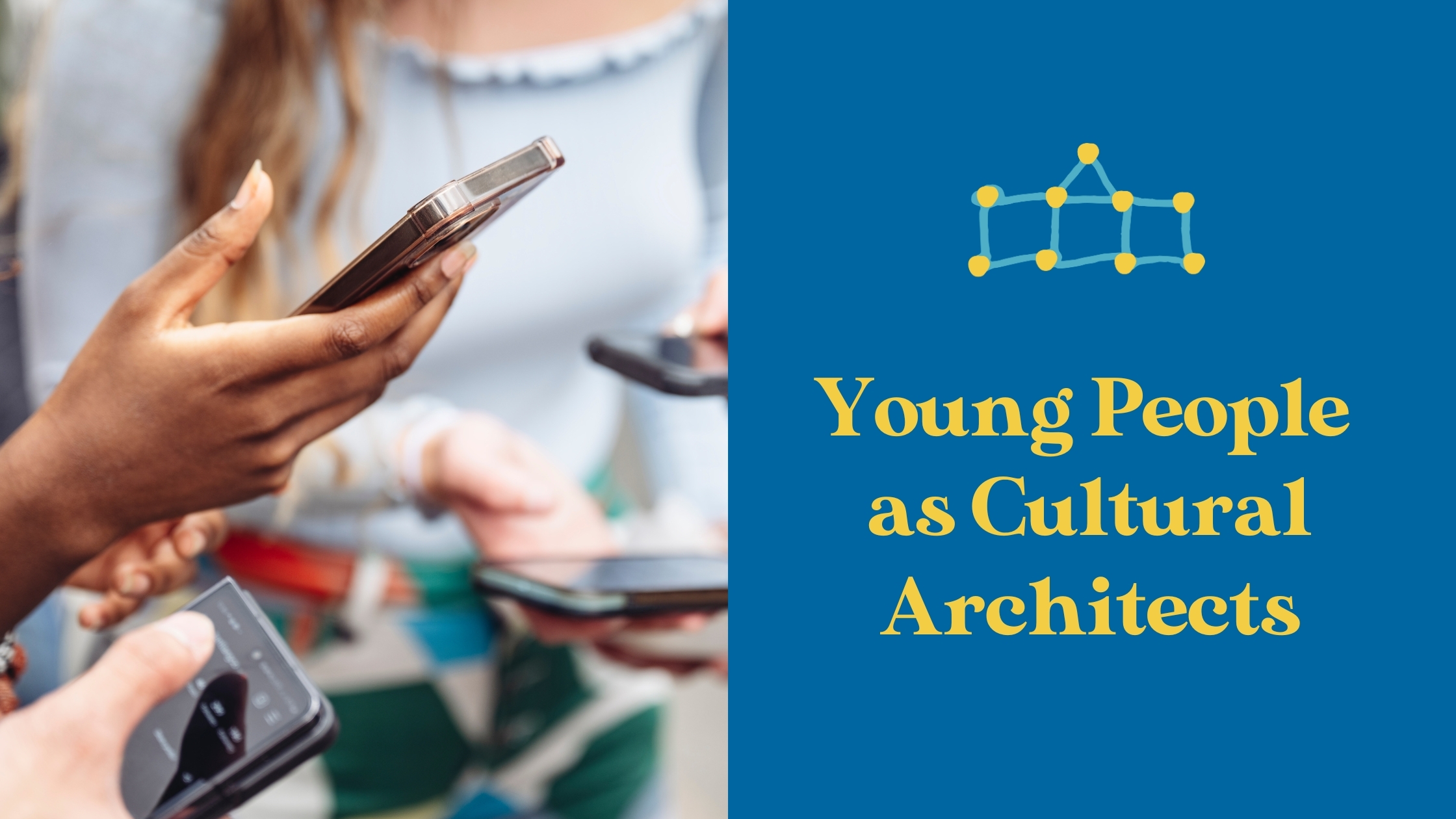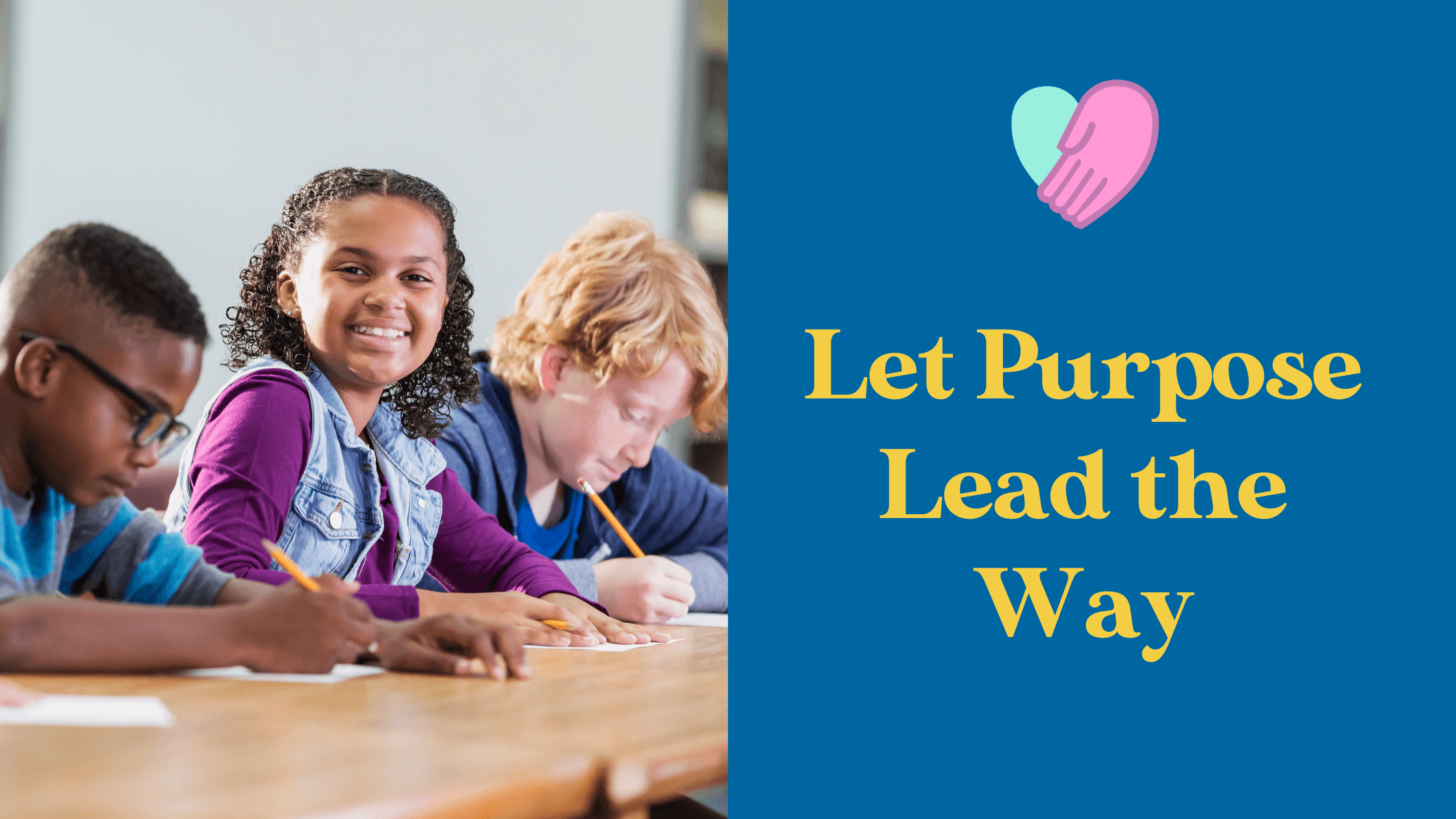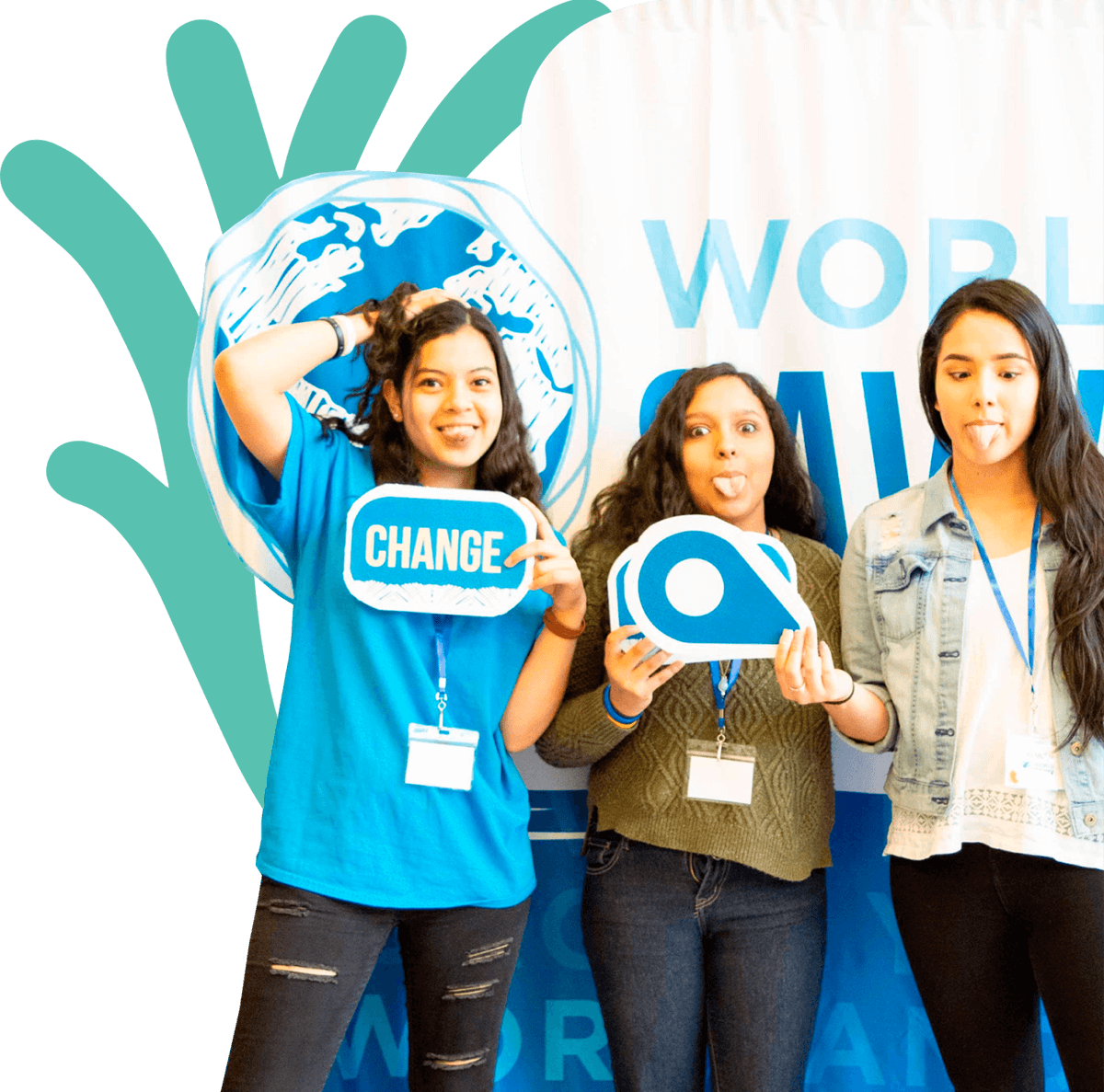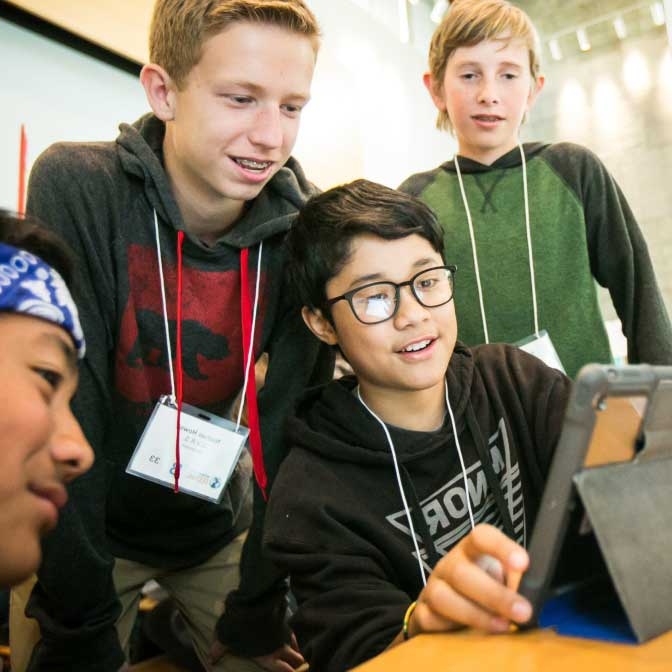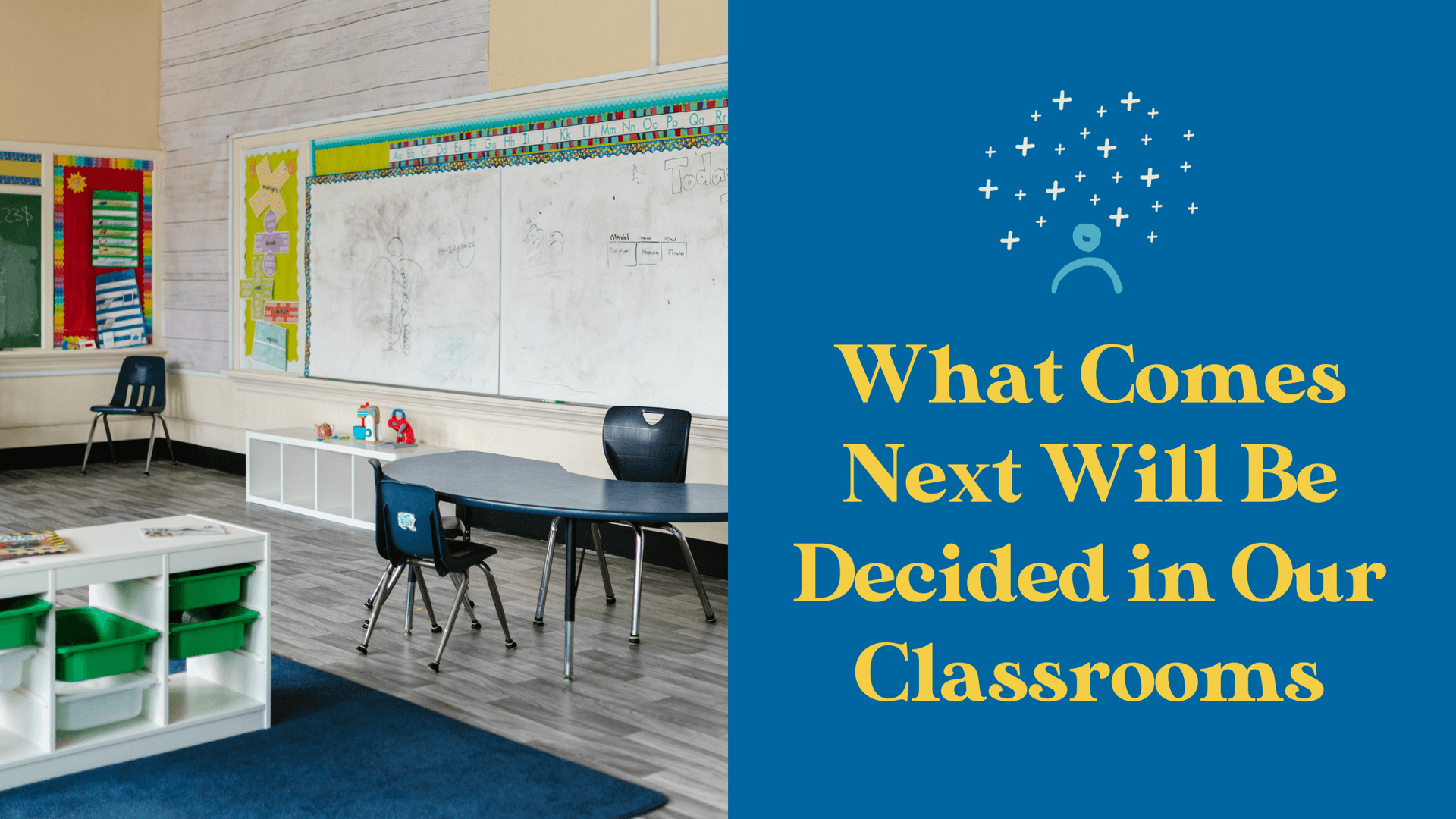
By Hamse Warfa
It’s mid-July, and across the country and the world, people are desperately searching for solid ground.
There’s war and retaliation on the world stage, with headlines shifting daily between destruction and diplomacy. At home, we’re watching the civic fabric fray: rising fear around immigration, growing political extremism, new education laws that silence educators and exclude students. The sense of instability isn’t abstract; it’s lived. Families are anxious. Young people are paying attention. And many adults, if we’re honest, don’t know how to talk about what’s happening.
This is not about teaching students to “solve” adult problems. It’s about trusting them enough to explore complexity and to ask bold questions at a time when many grown-ups are hiding behind comfort or fear.
Let’s be real: young people are watching us. They see adults deflect, divide, and dehumanize. They are learning in real time what leadership looks like, what cowardice sounds like, and who gets protected in moments of crisis. That awareness doesn’t have to harden into cynicism. But it will, if we don’t help process it together.
This is a moment to redefine what school is for. Not just for content delivery or academic achievement, but as a place for civic repair. A place where we can name fear, examine complexity, and rebuild trust. A space where students don’t just prepare for the future, but a place where they can begin to shape that future with empathy, historical context, and a deep sense of collective responsibility.
So, what now? What can we actually do in a moment like this? We can start by helping schools become places of relevance and resilience. Where teachers are facilitators of dialogue, not just deliverers of content. Where students are seen and treated as human beings, now and not just as future workers or voters.
We are swimming against the tide.. Community schools are being defunded. Institutions of higher education are under attack. Educators are being silenced. The public square is shrinking. But even in this climate, we see extraordinary courage in classrooms.
We are not experts in war, immigration policy, or global diplomacy. However, we are deeply experienced in learning alongside young people. And in moments like this, when certainty fails and division surges, there is power in slowing down, listening deeply, and asking questions.
What sustains human well-being in a time like this? What prevents it? What kind of conversations do we need to have, not someday, but now?
We don’t need to have all the answers. But we do need to model how to ask the right questions, with humility, urgency, and care. Because the world that students are growing into is unstable. And the stakes are not theoretical; they are real.
What happens next won’t be decided solely in Washington or at global summits. It will also be shaped in school hallways and classrooms, where identity is explored, trust is built, and new visions of democracy and belonging take root.
Let’s not miss the chance to get this right.
Let’s stand with educators.
Let’s protect the spaces where inquiry, agency, and empathy can still thrive.
And most of all, let’s trust students, not just to learn, but to lead.





